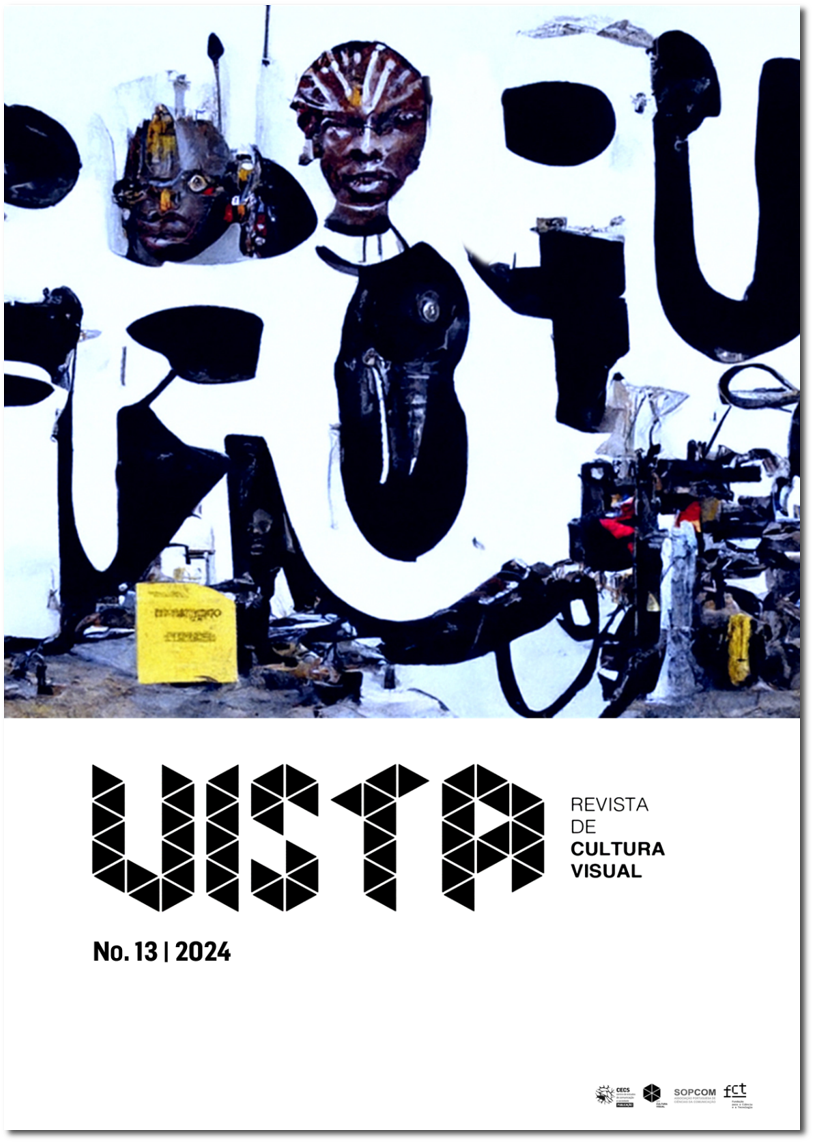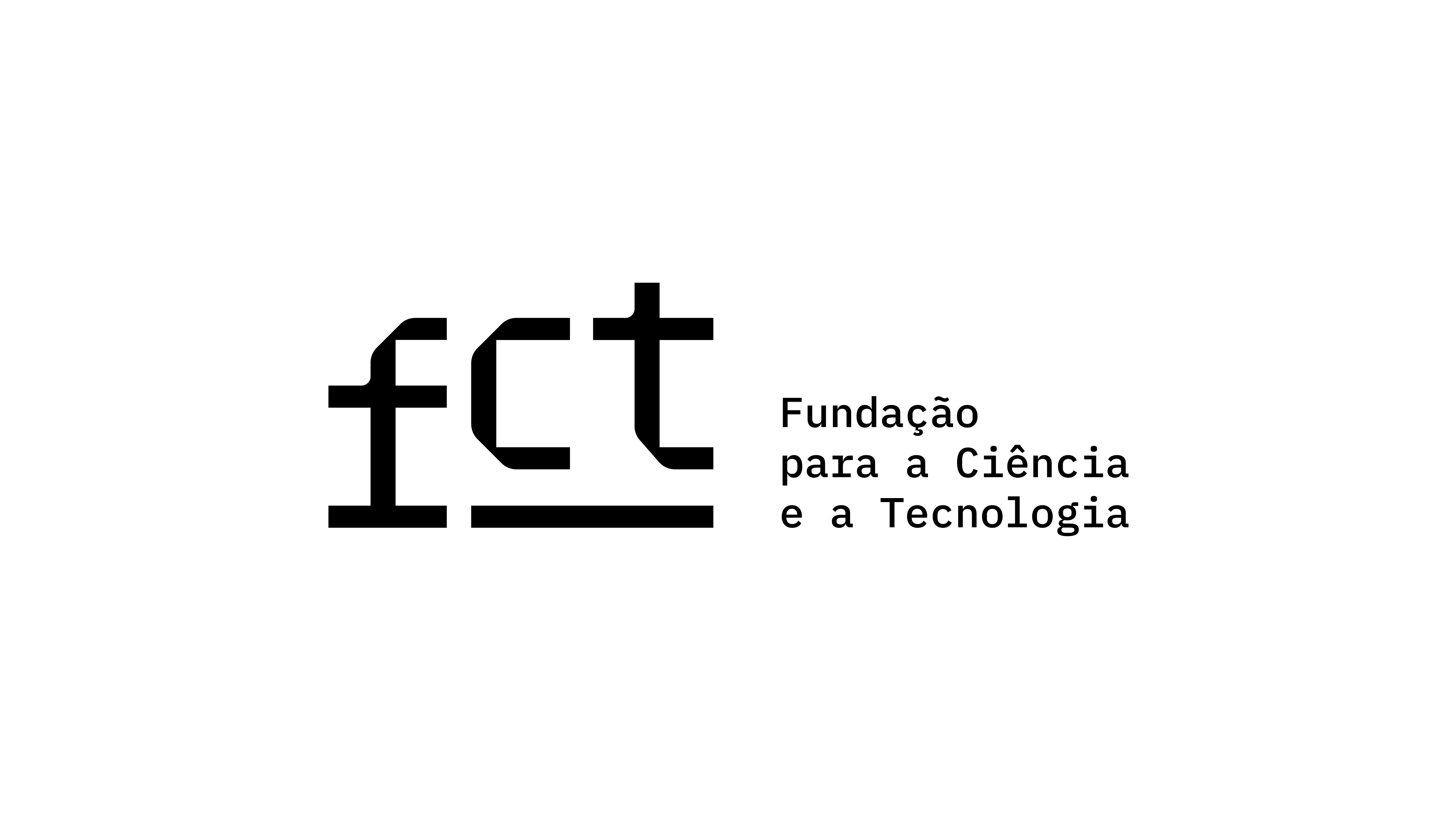There Are Many Possibilities and Impossibilities in This World: A Reflection on Spiral Time and the "35th São Paulo Biennial”
DOI:
https://doi.org/10.21814/vista.5530Keywords:
spiral time, Leda Maria Martins, "São Paulo Biennial", Choreographies of the Impossible, decolonising museumsAbstract
The epistemological understanding of spiral time, developed by Brazilian thinker Leda Maria Martins (2021), offers a restitutive perspective on the experience of time in its spiral form and serves as inspiration for the design of the “35th São Paulo Biennial”, entitled Choreographies of the Impossible. This epistemology, rooted in Black practice, poetry and thought, brings about disobedient movements capable of creating ways of breaking free from the categories established by the colonial hegemonic matrix and of crossing different strategies of survival, rhythm and rupture. The curatorial and educational interest of Choreographies of the Impossible — in creating a Biennial conceived from the point of view of the time that spirals — opens space for deep reflections on how curatorial proposals can be involved in attempts at reparative gestures, while at the same time being surrounded by institutional impossibilities. Considering that colonial institutions are intrinsically linked to structures of power, privilege and market logics, the tensions and contradictions of this context inform the impossibilities of decolonising institutions. Faced with these questions, this article seeks to carry out a reading of the Choreographies of the Impossible, reflecting on the curatorial and educational work of the “35th São Paulo Biennial" in conjunction with the concept of "spiral time", at the same time as offering a critical analysis of the tensions and contradictions in the museum's attempts at decolonisation.
Downloads
References
Albuquerque, I. de. (s.d.). Amador e Jr. Segurança Patrimonial Ltda. 35ª Bienal de São Paulo. Retirado a 23 de fevereiro de 2024, de https://35.bienal.org.br/participante/amador-e-jr-seguranca-patrimonial-ltda/
Bienal de São Paulo. (2023, 17 de maio). #35bienal Conversa com os curadores [Vídeo]. YouTube. https://www.youtube.com/watch?v=S_mdK2VMk5s
Bosi, A. (1992). O tempo e os tempos. In A. Novaes (Ed.), Tempo e história (pp. 19–33). Companhia das Letras.
Cocotle, B. C. (2019). Nós prometemos descolonizar o museu: Uma revisão crítica da política museal contemporânea. MASP – Afterall: Arte e Descolonização.
Cypriano, F. (2023, 15 de dezembro). Hora da imaginação radical. ARTE!Brasileiros. https://artebrasileiros.com.br/arte/hora-da-imaginacao-radical-francoise-verges/
Duncan, C. (1991). Why museums make me sad. In I. Karp & S. D. Lavine (Eds.), Exhibiting cultures: The poetics and politics of museum display (pp. 255–277). Smithsonian.
equipe de educação da Fundação Bienal. (2023). Correspondências entre vozes, uma carta para abrir conversas. In C. Fino (Ed.), Aqui, numa coreografia de retornos, dançar é inscrever no tempo (pp. 18–29). Bienal de São Paulo.
Finnegan, R. (2008). O que vem primeiro: O texto, a música ou a performance? In C. N. de Matos, E. Travassos, F. T. de Medeiros (Eds.), Palavra cantada: Ensaios sobre poesia, música e voz (pp. 15–45). 7Letras
Fundação Bienal de São Paulo. (Anfitrião). (2024, 27 de fevereiro). Leda Maria Martins e Manuel Borja-Villel [Episódio de podcast]. In Em Obras. Trovão Mídia. https://podcasters.spotify.com/pod/show/podcast-Bienal/episodes/9--Leda-Maria-Martins-e2ga6l5
Grosfoguel, R. (2010). La descolonización de la economía politica y los estudios postcoloniales: Transmodernidad, pensamiento fronterizo y colonialidad global. In A. Pacheco & W. L. P. Melendez (Eds.), La descolonización de la economía política (pp. 17–48). Universidad Libre.
Guimarães, J. V. (2023, 19 de outubro). O pavilhão da Bienal se lava em prantos. seLecT_ceLesTe. https://select.art.br/o-pavilhao-da-bienal-se-lava-em-prantos/
Hall, S. (2016). O ocidente e o resto: Discurso e poder. Projeto História, 56, 314–361. https://revistas.pucsp.br/index.php/revph/article/view/30023
Lima, D., Kilomba, G., Menezes, H., & Borja-Villel, M. (2022). Coreografias do Impossível. 35ª Bienal de São Paulo. https://35.bienal.org.br/sobre-a-35a/
Lima, D., Kilomba, G., Menezes, H., & Borja-Villel, M. (2023). Quais movimentos compõem as coreografias do impossível? In C. Fino (Ed.), Aqui, numa coreografia de retornos, dançar é inscrever no tempo (pp. 32–36). Bienal de São Paulo.
Livraria Megafauna. (2022, 14 de julho). Performances do tempo espiralar: Leda Maria Martins com Dione Carlos, Grace Passô e Lucelia Sergio [Vídeo]. YouTube. https://www.youtube.com/watch?v=s5fd0pMtxPc&t=685s
Martins, L. M. (1997). Afrografias da memória: O reinado do Rosário no Jatobá. Perspectiva
Martins, L. M. (2003). Performances da oralitura: Corpo, lugar de memória. Letras, (26), 63–81.
Martins, L. M. (2021). Performances do tempo espiralar: Poéticas do corpo-tela. Cobogó.
Mbembe, A. (2017). Crítica da razão negra (M. Lança, Trad.). Antígona. (Trabalho original publicado em 2014)
Mbembe, A. (2021). Brutalismo (M. Lança, Trad.). Antígona. (Trabalho original publicado em 2020)
Mignolo, W. D. (2019). A colonialidade está longe de ter sido superada, logo, a decolonialidade deve prosseguir. MASP - Afterall: Arte e Descolonização.
NYUAD Institute. (2022, 15 de dezembro). The impossible decolonization of the Western museum [Vídeo]. YouTube. https://www.youtube.com/watch?v=BEPpp5IuZOA
trabalhadores da 35ª Bienal de São Paulo. (2023, 18 de outubro). Carta aberta de repúdio às condições de trabalho na 35ª Bienal de São Paulo. seLecT_ceLesTe. https://select.art.br/carta-aberta-35a-bienal/
ª Bienal de São Paulo. (s.d.). Sobre a Fundação Bienal de São Paulo. Retirado a 3 de março de 2024, de https://35.bienal.org.br/leitura-facil/
Tsing, A.L. (2022). O cogumelo no fim do mundo. Sobre a possibilidade de vida nas ruínas do capitalismo (J. M. Barreto & Y. Rafael, Trads.). n-1 edições. (Trabalho original publicado em 2015)
Vergès, F. (2023). Descolonizar o museu - Programa de desordem absoluta. Ubu Editora.
Downloads
Published
How to Cite
Issue
Section
License
Copyright (c) 2024 Marcela Pedersen

This work is licensed under a Creative Commons Attribution 4.0 International License.
Authors own the copyright, providing the journal with the right of first publication. The work is licensed under a Creative Commons Attribution 4.0 International License.













